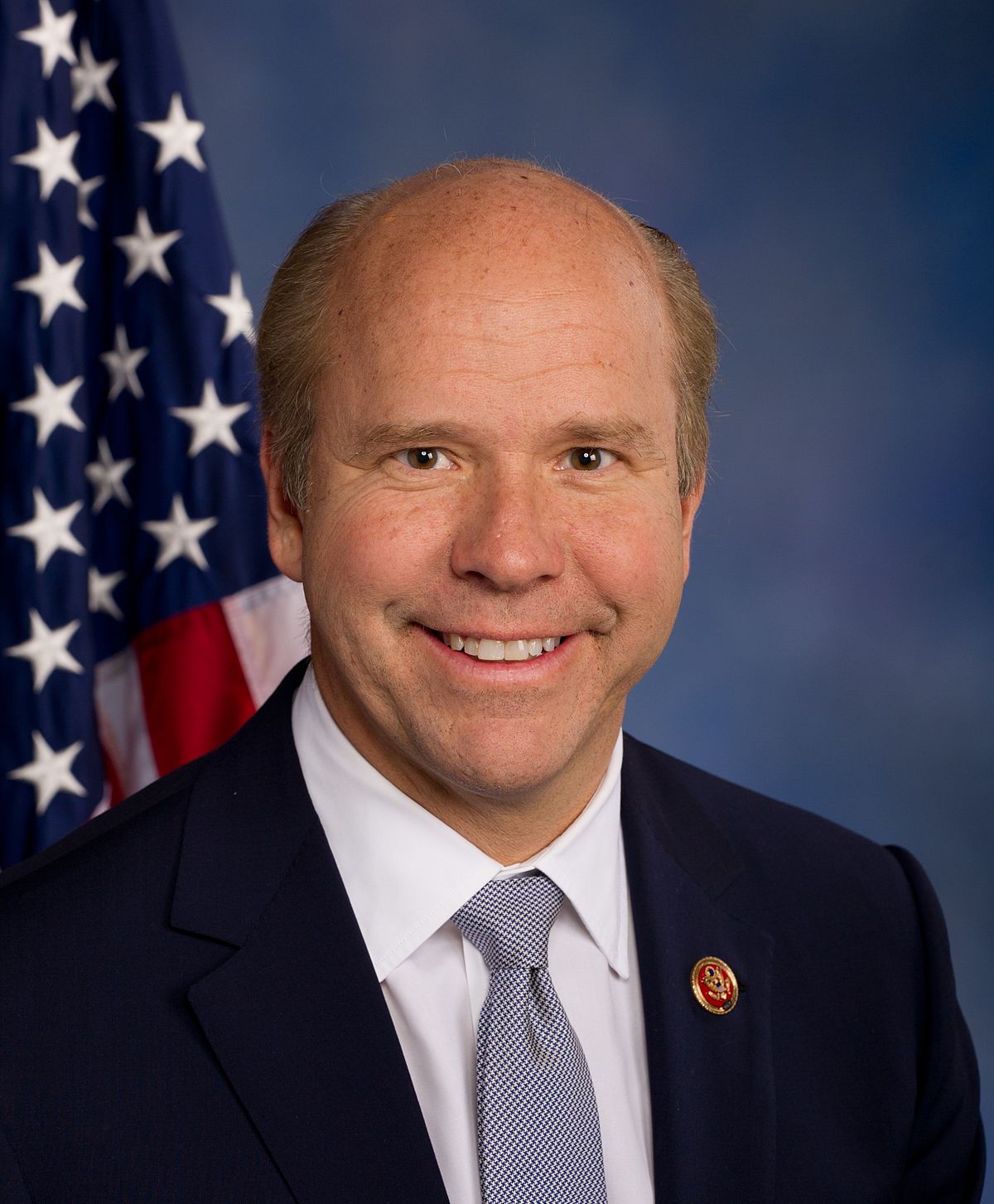What really is the ideological issue with pork? Government spending is good, government spending that's spent directly on projects is good for communities, I suppose the argument against it is inefficiency, but man if fixing inefficiency in government is the task I can think of several larger areas I'd tackle
National representatives ought to be concerned with the state of the nation. Pork-barrel spending runs directly contrary to this. As a simple example: suppose we have a country with 10 entirely equal areas, each with a representative to the assembly. Suppose there are two possible laws we can pass (which are mutually exclusive). One law would improve all areas by +5 units of goodness. The other law would improve 6 areas by +6, and 4 areas by +1. Since each representative is concerned with their own area, they will pass the second law - despite the fact this is worse for the country than the first law, leading to a net +40 instead of a net +50.
Of course, if you repeat this over hundreds of laws, each of which benefiting slightly different areas in concentration, over the long run,
all areas lose out in absolute terms from the presence of pork-barreling. It works through exactly the same logic as the explanation for why protectionism is bad, and consequently, if you're in favour of free trade, you ought to be against pork-barrel spending.
If you need pork-barrel funding for your system to be functional, you're basically conceding that your national representatives can't be trusted to follow the national interests and they have to be 'bribed', which is a pretty terrible state of affairs. I mean, this holds true for all countries on occasion - any time the veto player's personal interests diverge from national interests might require a pork-barrel inducement - but the necessity of this goes up as the number of veto points go up, which is why the American system needs so much pork-barreling just to function.
The UK is also quite bad at this, incidentally, if not to the same extent as the American system, since our representatives are also highly motivated by local issues over national ones. The only reason we're not quite as bad is we're a parliamentary system and have less veto points. The model here is something like the Scandinavian countries or Germany where national politics is not as highly driven by localised representatives.





